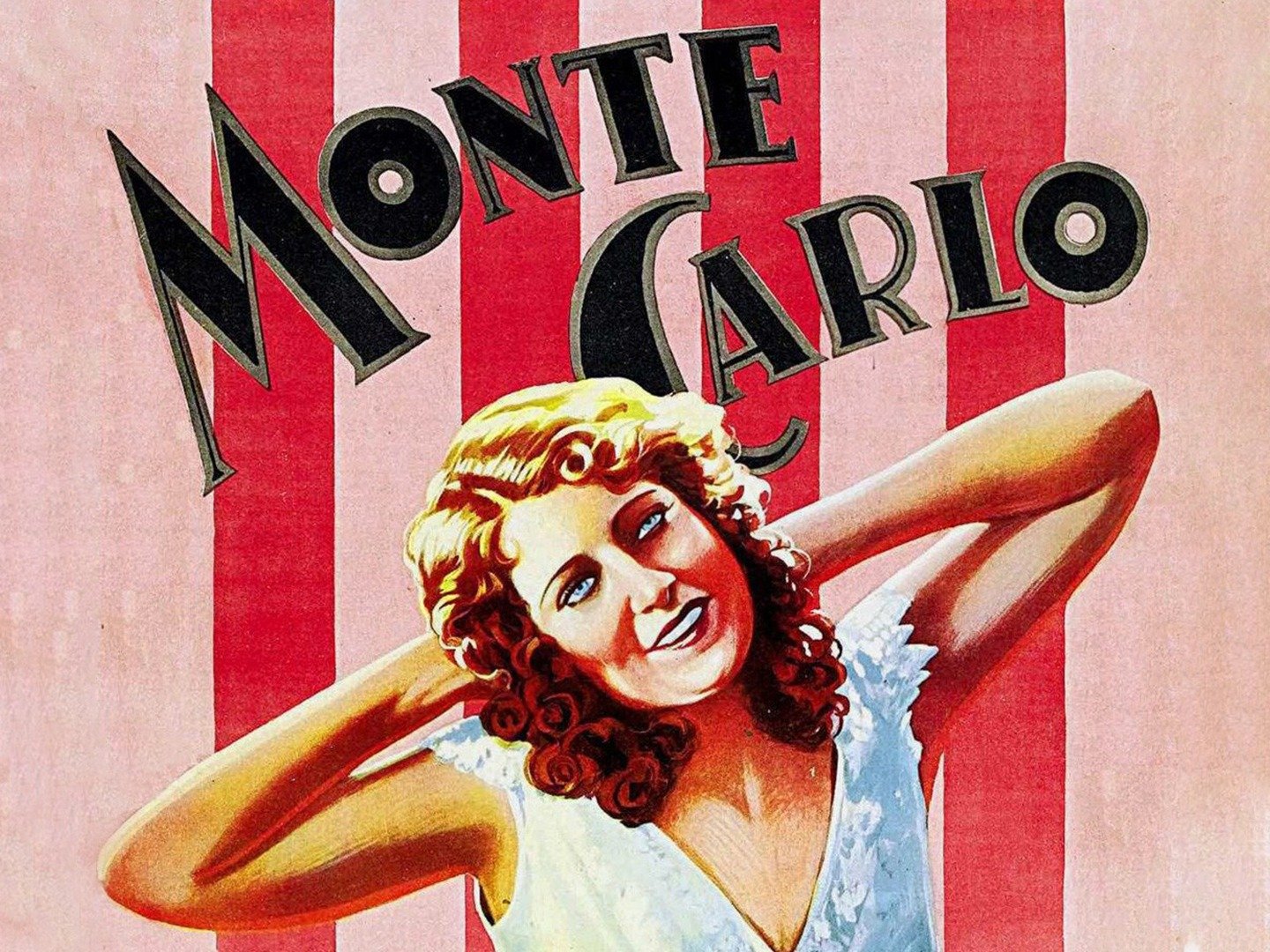
MONTE CARLO
(director: Ernst Lubitsch; screenwriters: Ernest Vajda/based on the episode from Monsieur Beaucaire from the novel by Booth Tarkington and the play Monsieur Beaucaire by Evelyn Greenleaf Sutherland/based on the play “The Blue Coast” by Hans Mueller; cinematographer: Victor Milner; editor: Merrill G. White; music: Leo Robin; cast: Jack Buchanan (Count Rudolph Fallière), Jeanette MacDonald (Countess Helene Mara), ZaSu Pitts (Bertha), Tyler Brooke (Armand), Claude Allister (Prince Otto von Liebenheim), Lionel Belmore (Duke Gustave von Seibenheim), John Roche (Paul, , the ‘Real’ Hairdresser), Albert Conti (Master of ceremonies), Helen Garden (Lady Mary), Donald Novis (Monsieur Beaucaire), David Percy (Herald), Erik Bey (Lord Winterset); Runtime: 90; MPAA Rating: NR; producer: Ernst Lubitsch; Criterion Collection: Eclipse Seies 8; 1930)
“A fluff musical that never quite works.”
Reviewed by Dennis Schwartz
Ernst Lubitsch’s (“Design for Living”/”The Smiling Lieutenant”/”One Hour With You”) follow-up to “The Love Parade” is a fluff musical that never quite works. It’s based on the episode from Monsieur Beaucaire from the novel by Booth Tarkington and on the obscure Germany play “The Blue Coast” by Hans Mueller. The screenwriter is Ernest Vajda.
Flighty Countess Helene Mara (Jeanette MacDonald) ditches for the third time at the altar the elderly and dopey but wealthy Prussian foppish monocled Prince Otto von Liebenheim (Claude Allister). She says of him to her maid Bertha (ZaSu Pitts), he’s “rich, wealthy, and has nothing but money.” Helene whisks away by train to Monte Carlo singing “Beyond the Blue Horizon.” At Monte Carlo she promptly loses all her dough. Count Rudolph Fallière (Jack Buchanan) takes a shine to her and poses as her new hairdresser in order to meet the stand-offish countess. When he learns he’s about to be discharged because she has no funds to pay him, Rudy schemes to win enough at the casino for her to still stay at the Palace Hotel with servants. Happy to be out of the tight spot, she becomes romantic with Rudolph that evening. The next day she reverts to form and treats him as a servant, as she calls back Prince Liebenheim for another crack at getting married. But when she attends the opera Monsieur Beaucaire with Prince Liebenheim, in the next box is the coy Rudolph. The dim blonde beauty now catches on that he’s not really a hairdresser but a count, and the two lovebirds kiss.
British and Broadway actor Jack Buchanan makes for an unconvincing effeminate foil for MacDonald, who is at her haughtiest and carries the film on her shoulders. The comedy was mostly flat, the music mostly forgettable (“Give Me a Moment Please,” a lively duet sung over the phone is the exception with the previously mentioned “Blue Horizon”-which became a radio hit ), and the legendary Lubitsch touch was almost negligible except for the opening number of a chorus of guards and ladies-in-waiting singing in the rain of the prissy Prince Liebenheim “He’s a nas … he’s a nas … he’s a nasty-tempered brute!” That comes after the Prince sings “She’ll Love Me and Like It.” Other tunes include “Whatever It Is, It’s Grand,” “Trimmin” the Women,” “A Job With a Future,”and “Always in All Ways.”
REVIEWED ON 2/18/2008 GRADE: C